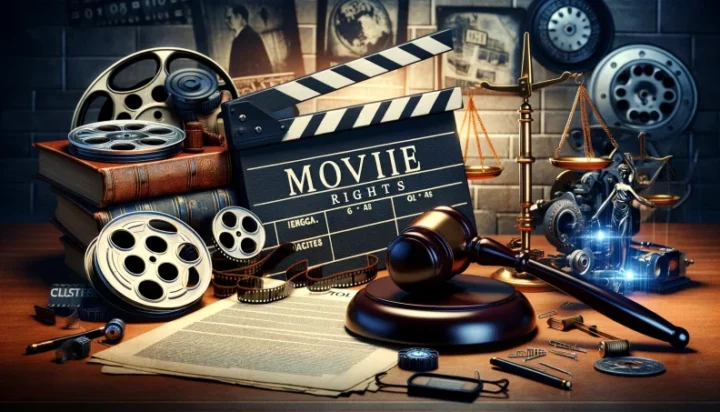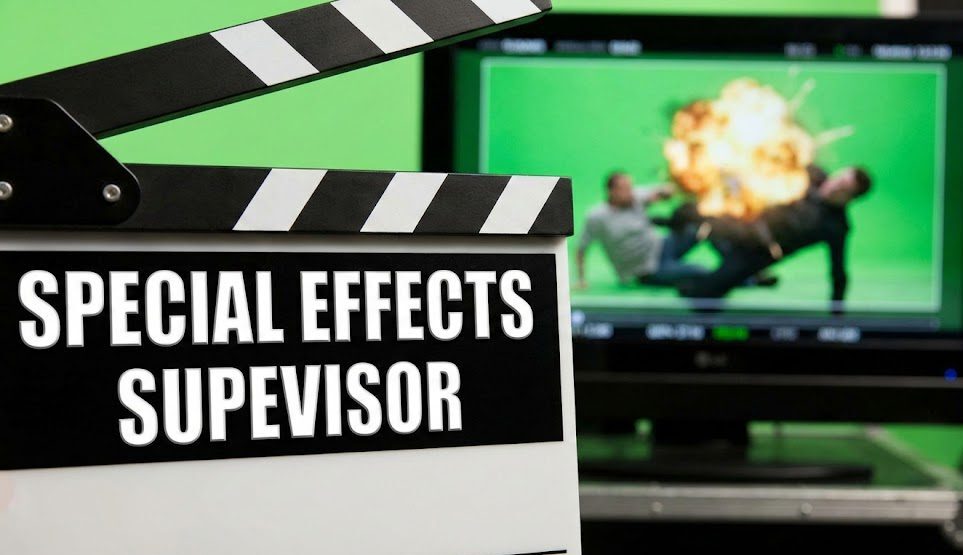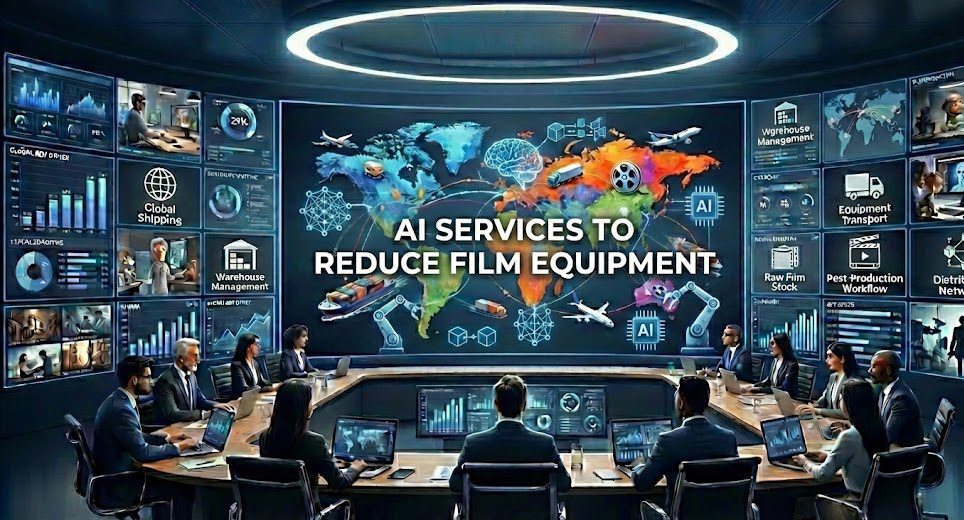movie rights
Navigating the world of movie rights is a critical aspect of filmmaking that can significantly impact the success of a project. For professionals in the media and entertainment industry, understanding movie rights is essential to legally securing the material needed to bring a story to life. This detailed guide explores the various types of movie rights, the acquisition process, and key considerations for filmmakers.
What Are Movie Rights?
Movie rights refer to the legal permissions required to use existing works, such as books, plays, music, or real-life stories, in film production. Securing these rights ensures that filmmakers have the authorization to adapt, distribute, and potentially profit from the source material.
Maximize Your Film’s Potential
Unlock global distribution opportunities by securing comprehensive movie rights. Reach wider audiences and maximize profits.
Types of Movie Rights
Adaptation Rights
Adaptation rights allow filmmakers to transform existing works into a new format, such as turning a novel into a screenplay. This involves modifying the original content to fit the cinematic medium.
Distribution Rights
Distribution rights pertain to the legal authorization to distribute a film across various platforms, including theaters, streaming services, and home entertainment. These rights can be domestic, international, or both.
Music Rights
Music rights cover the use of existing music within a film. This includes synchronization rights (sync rights) for using music with visual content and master rights for the actual recording.
Merchandising Rights
Merchandising rights involve the creation and sale of products based on a film, such as toys, clothing, and other branded items. These rights are crucial for maximizing revenue streams beyond the box office.
Performance Rights
Performance rights authorize the public performance of a film, such as screenings in theaters or on television. These rights ensure that filmmakers receive compensation for public viewings.
How to Acquire Movie Rights
Research and Identify the Rights Holder
The first step in acquiring movie rights is to determine who holds the rights to the original work. This could be the author, a publishing house, or a production company. Thorough research is essential to ensure you’re negotiating with the rightful owner.
Negotiate Terms and Conditions
Once the rights holder is identified, the next step is to negotiate the terms and conditions of the rights acquisition. Key aspects to discuss include the scope of rights (e.g., adaptation, distribution), the duration of the rights, and financial terms such as payment structures and royalties.
Draft a Legal Agreement
After agreeing on terms, a formal legal agreement should be drafted. This contract outlines all the terms and conditions, ensuring both parties are legally protected. It is advisable to involve legal professionals specializing in entertainment law to oversee this process.
Secure Funding
Acquiring movie rights can be expensive, especially for popular works. Filmmakers should secure adequate funding to cover the costs associated with purchasing rights and any additional legal fees.
Ensure Compliance with Legal Obligations
Compliance with legal obligations is crucial when acquiring movie rights. This includes adhering to copyright laws, honoring the terms of the agreement, and obtaining any additional permissions if the work involves multiple rights holders.
Looking for VFX
Experts or Projects?
Join Vitrina to Expand Your Global Entertainment Network
- Promote
Your VFX
Services. - Connect
with Vendors &
Studios Worldwide. - Discover
New Projects &
Opportunities - Find
Trusted VFX
Partners.

Legal Protection
Securing movie rights provides legal protection, ensuring filmmakers can adapt and distribute the work without the risk of copyright infringement lawsuits.
Creative Control
Acquiring movie rights often grants filmmakers creative control over the adaptation process, allowing them to make necessary changes to suit the cinematic format.
Marketability
Films based on well-known works can benefit from built-in audiences and brand recognition, enhancing their marketability and potential for commercial success.
High Costs
Popular works often come with high acquisition costs, which can strain a film’s budget. Filmmakers must weigh the financial investment against the potential returns.
Complex Negotiations
Negotiating movie rights can be complex and time-consuming, requiring careful consideration of various legal and financial factors. Effective negotiation skills and legal expertise are crucial.
Risk of Rejection
There is always a risk that the rights holder may reject the request to acquire rights, especially if they have already licensed the work to another party or if they have specific conditions that cannot be met.
Looking for Global VFX Projects?
Create your profile on Vitrina!
- Promote your VFX studio.
- Connect with global studios.
- Showcase projects & clients.
- Find projects matching your expertise.

Summary
Understanding and acquiring movie rights is a fundamental part of the filmmaking process that requires careful research, negotiation, and legal oversight. For professionals in the media and entertainment industry, mastering the intricacies of movie rights can unlock opportunities to adapt compelling stories and ensure the legal and financial success of their projects.
Movie rights are legal permissions required to use existing works, such as books, music, or real-life stories, in film production. These rights ensure filmmakers can legally adapt and distribute the material.
The main types of movie rights include adaptation rights, distribution rights, music rights, merchandising rights, and performance rights. Each type serves a specific purpose in the filmmaking process.
To acquire movie rights, you need to research and identify the rights holder, negotiate terms and conditions, draft a legal agreement, secure funding, and ensure compliance with legal obligations.
Securing movie rights provides legal protection, creative control, and marketability. It ensures that filmmakers can legally adapt and distribute the work, enhancing the potential for commercial success.
Challenges include high acquisition costs, complex negotiations, and the risk of rejection by the rights holder. Effective negotiation skills and legal expertise can help navigate these challenges.




































